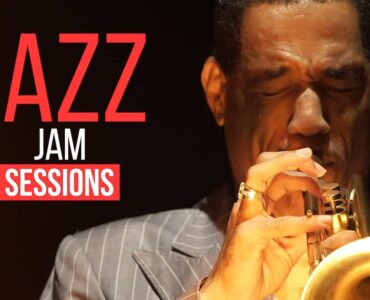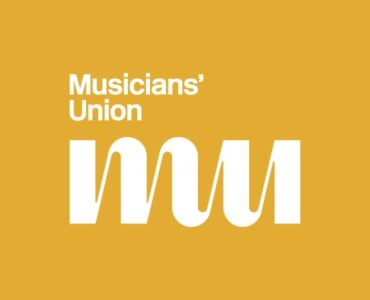Regardless of whether you are an up and coming original band or a function musician looking for gigs, a contacts database can be really beneficial. In this blog, we’ll give out top tips for creating a database of your contacts…
A contact database can b really useful. It can help you fill last-minute vacancies in your group, hire specialist musicians for recording sessions, put together a group of session musicians for an album launch and much more.
Whilst it may sound obvious, musicians should continuously be updating a list of contacts as they acquire them.
Simply having these people’s numbers on your phone might not be enough. If you met someone at a festival once in 1998, you might not even remember their name ten years later when you finally need their services! Plus, endlessly scrolling through your contact list can take up a lot of time.

Whether it is other musicians, promoters, journalists or professionals in the music business, it’s crucial that the details of anyone important you have met during your career, no matter how well you know them.
A database of contacts can be used for:
- Booking new shows or touring.
- Promoting a new album through PR or press contacts.
- Finding dep musicians.
- Keeping up with industry contacts as they change jobs.
- Finding the right producer for your project.
- Getting advice on difficult industry issues, like copyright.
If you generate a contacts database, information can also be easily shared between friends and other musicians. By sharing a document, others will add to the database allowing everyone to benefit from new, exciting contacts.
A database can easily be prepared using various spreadsheet programs on a computer. This will also make it easier for you to update details quickly and easily.
It’s also a good idea to get in touch with the contacts on your database every once in a while.
Keep them updated via social networks and occasional emails regarding your latest musical plans and letting them know how they can get involved or asking for advice. Networking is still a key skill when furthering a career in the music industry.
Professional musicians on keeping a contacts database:
I keep a database of contacts in a spreadsheet on my laptop. It really helps me when I’m looking to book someone for a gig or have any other musical vacancy that needs filling.
Chris W
I used to keep a whole bunch of business cards in a draw. As my career progressed and I made more and more contacts, this quickly became impractical! I now have a contact database that’s accessible from my phone and my MacBook. The whole process is much more streamlined now.
Jon C
It’s important to keep a record of all clients, past, present and future. It means you can keep details on where you’re up to on bookings with the client, or even in regards to multiple bookings from the same client. A database saves you from having to remember everything or go through all of the details in the emails.
Tom K

How to start a contacts database:
There are several options you can use to structure your database. If you’re particularly old school, it can just take the form of a book or notepad.
However, the best option would obviously be to have something stored on your computer or phone.
This probably means starting an excel-style spreadsheet, saved somewhere that is accessible form both your phone or computer. You could use a service like Dropbox or Google Drive for this.
You can read more about these services in our blog on admin resources for musicians.
When organising your database, include the (at least) following criteria:
- Name
- Position/ occupation
- Telephone Number
You might also want to include other information like their website address, social media handles and more.
Other crucial information such as what they like, where you met them and anything else that will help build and maintain a rapport could also be included.
If you’re looking to make more contacts, you might also be interested in reading our blog on networking for bands and networking with live music promoters.
Do you have a database of contacts? Would you like to be added to someone else’s? Share your thoughts in the comments below…




















